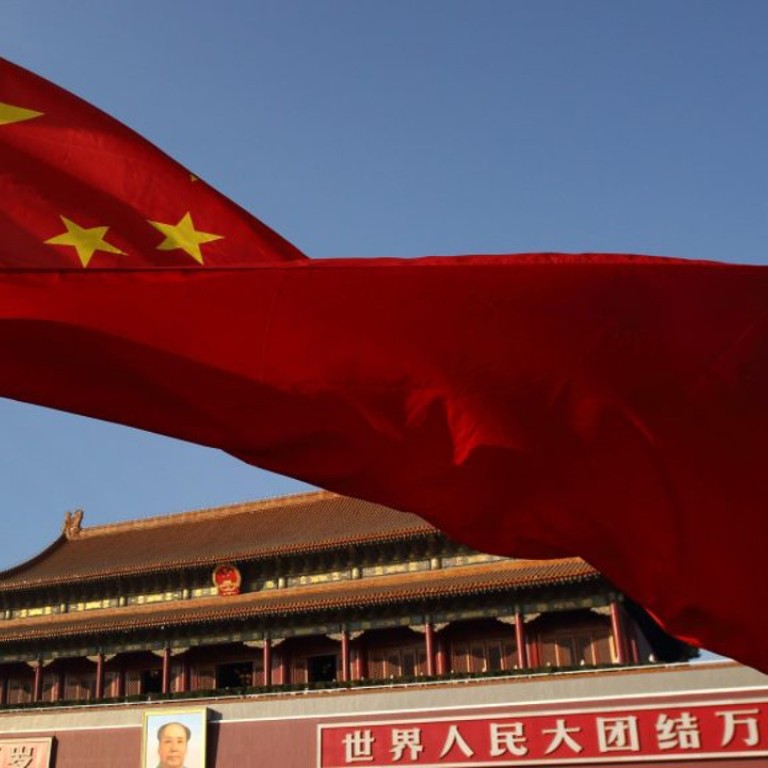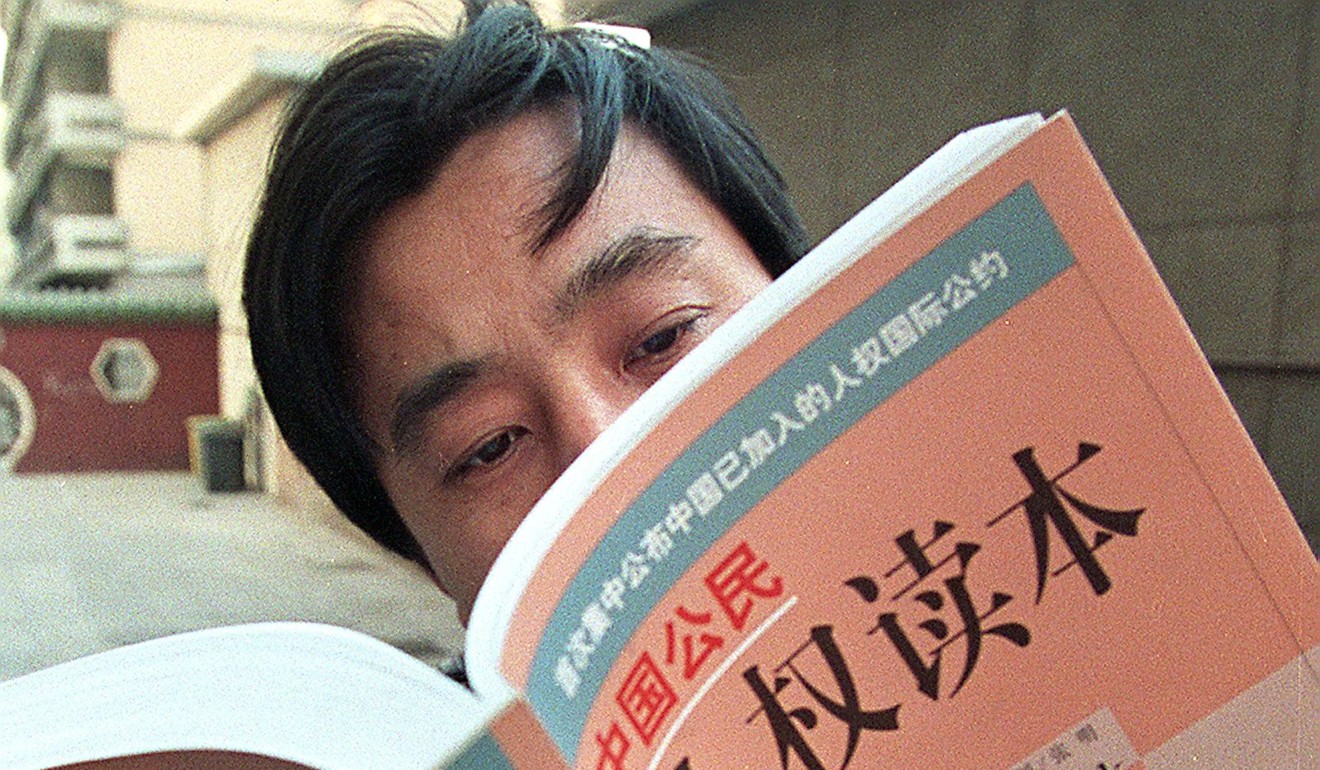
China hails year of ‘remarkable progress’ in human rights as US and EU warn situation is worsening
While cases such as the death of Nobel Prize winner Liu Xiaobo provoke an international outcry, Beijing prefers to praise its anti-corruption drive
China hailed a year of “remarkable” progress in human rights by widening its definition to praise achievements in fields such as anti-corruption and legal reform as it continued its drive to redefine the concept in the face of continued international criticism of its record.
Although most international critics have focused on issues such as the detention and death in custody of the Nobel Peace Prize-winning dissident Liu Xiaobo, a report published on Friday used Beijing’s own distinct concepts of what constitutes human rights to hail what it sees as its accomplishments in the field in 2016.
Earlier this month the European Union and the United States released statements saying they were “extremely concerned” about the deterioration of human rights in China, citing measures such as internet restrictions and the detention of lawyers.
China also faced immense international pressure following the death this year of Liu, a prominent dissident who was sentenced to 11 years in 2009.
He was only allowed a brief reunion with his wife Liu Xia before his death from cancer in July and his body was hastily cremated.
His widow is still being tightly monitored by the authorities and her whereabouts and well-being are currently unknown.
But the authorities in Beijing have been unmoved by such complaints and have always defended their record by arguing that human rights should be defined on their own terms.
Former president Jiang Zemin famously said in 2006 that having a full stomach and warm clothes was how human rights should be defined in China.
“In China, the most important human right is the right to survive,” Jiang added.
China has in the past included the right to peace or the right to economic development as part of its definition of the concept.
Analysts from liberal democracies say that concept is overly broad and ignores aspects such as free speech that are essential to the accepted definition of human rights used by the United Nations.
The latest State Council white paper continued with that approach, by listing international cooperation on counterterrorism and climate change as well as the “Sky Net” programme to hunt down and repatriate fugitives accused of corruption as a human rights achievement

The report said that between 2014 and October this year, the Sky Net operation had brought back more than 3,400 fugitives from 90 nations and recovered a total of 9.5 billion yuan (US$1.4 billion) in illegal assets.
This year’s report also listed the abolition of the death penalty for nine offences, legislation to tackle domestic violence and moves to exonerate people who had been wrongfully convicted.
“Never before have Chinese people enjoyed such full economic, social and cultural, and civil and political rights as today,” said state news agency Xinhua.
“The cause of human rights in China is making consistent progress in the right direction,” Xinhua said.
But Steve Tsang, director of the SOAS China Institute at the University of London, said human rights should be about the rights of individuals but the Chinese report saw them as something that were protected in law in line in accordance with the Communist Party’s approval.
“This is a Leninist approach to human rights, and is fundamentally different from how human rights are treated and respected in democracies,” Tsang said.
Tsang said that emphasising “human rights with Chinese characteristics” implied that the Chinese people should be treated as “a special kind of human being”.
“If Chinese people are considered exactly the same as people of other ethnicities or nationalities, their rights as individuals must be treated on exactly the same basis.
“The only criteria for human rights to be respected is for the individual concerned to be a member of the human species – regardless of one’s nationality, colour, gender, sexual or any kind of inclination,” Tsang added.

Sophie Richardson, China Director with Human Rights Watch, said the routinely “self-congratulatory report” had been issued while the authorities were simultaneously silencing critical views and ignoring inconvenient facts, such as the “appalling ongoing arbitrary detention of Liu Xia”, the detention of anti-corruption campaigners and torture claims against the police.
“Until they’ve got credible explanations for – and commitments to ending – serious human rights violations, these documents ring hollow,” Richardson said.
Additional reporting by Reuters

